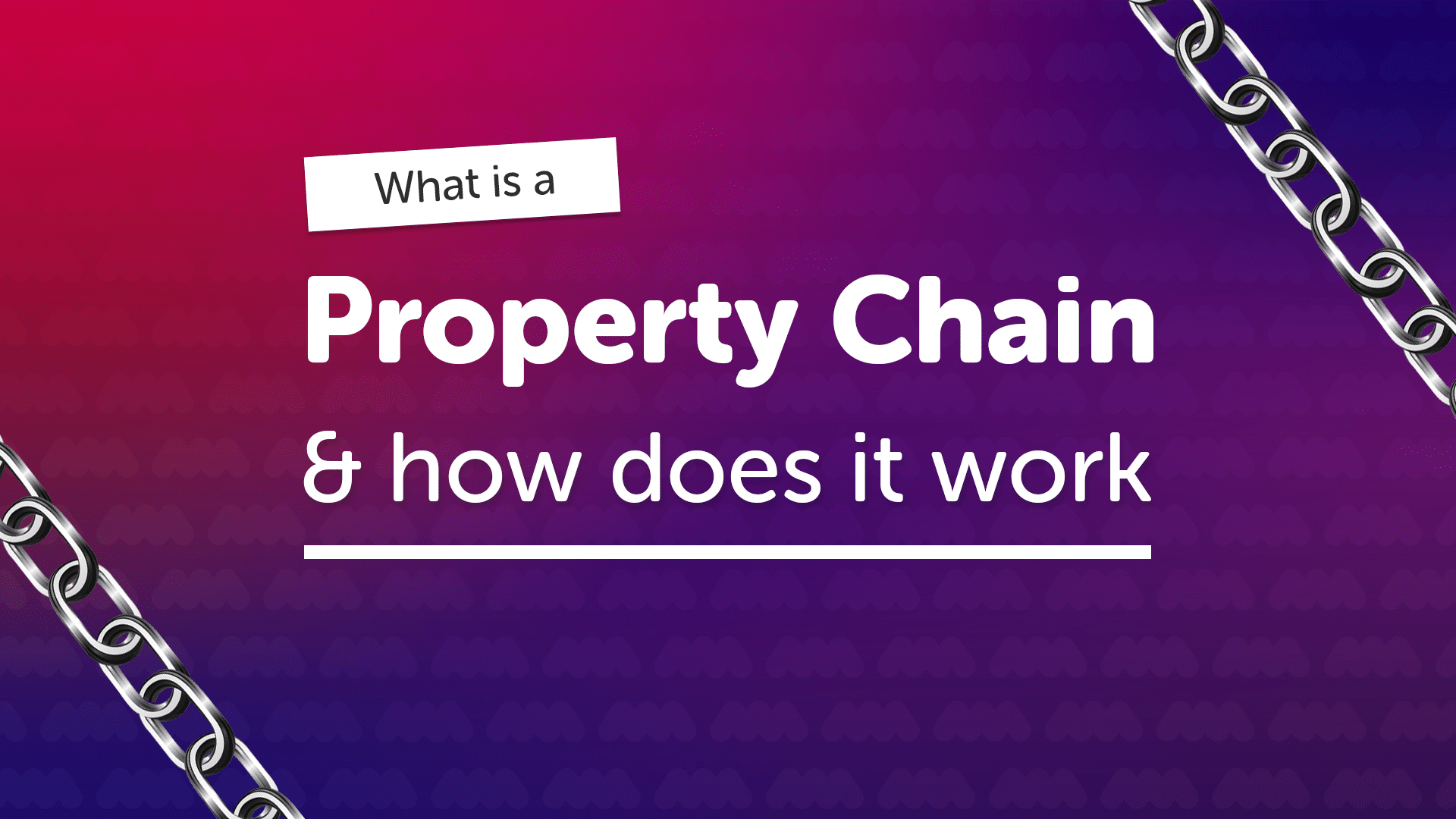Navigating the property market in London can be complex, especially when dealing with a property chain.
A property chain occurs when multiple property transactions are interdependent, meaning the sale of one home relies on the purchase of another.
This connected series of buyers and sellers can create a domino effect, where delays in one transaction can impact the entire chain.
Understanding how property chains work in London is crucial for home buyers and sellers aiming for a smooth and successful move. In this article, we will explore the concept of a property chain and how it can affect buying a property in London.
How do property chains work?
Property chains are a series of linked property transactions where each sale is dependent on the preceding one.
When a buyer purchases a property, the transaction often hinges on selling their existing home, which then relies on the buyer’s ability to complete their purchase.
This creates a chain of interdependent sales, where a delay or issue in one part of the chain can affect the entire sequence.
If you are buying as a first time buyer in London, you are not involved in a property chain because you are not waiting for your property to be sold before you can move in.
What are the risks of being in a property chain?
Being part of a property chain carries several risks. Firstly, any delay in one transaction can ripple through the entire chain, causing significant hold-ups for everyone involved.
Secondly, there’s the risk of a chain collapse, where one party withdraws or fails to secure financing, potentially derailing multiple transactions. This can result in financial losses, wasted time, and increased stress for all parties.
Additionally, fluctuating market conditions can impact property valuations during the chain, leading to potential renegotiations or failed deals.
What should I do if a link in the property chain falls through?
If a link in the property chain falls through, it’s essential to act swiftly. Communicate with your estate agent and solicitor immediately to assess the situation and explore potential solutions.
You might need to find a new buyer or seller quickly or consider bridging finance to keep your purchase on track.
Flexibility and contingency planning are key. If the chain cannot be salvaged, understanding your legal rights and options can help mitigate losses and plan your next steps effectively.
Common Challenges in Property Chains
Property chains come with several common challenges. Delays in obtaining mortgages, legal issues, and disagreements over property surveys can all cause holdups.
Additionally, when moving home in London, coordinating multiple move-in and move-out dates can be logistically complex. Miscommunication between parties can exacerbate these issues, leading to further delays and frustrations.
Lastly, changes in market conditions can affect property values, sometimes necessitating renegotiations that can stall the entire chain.
Tips for Managing a Property Chain in London
Managing a property chain in London requires careful planning and proactive communication. Here are some tips to help:
- Choose Experienced Professionals: Work with a mortgage broker in London like us who understands the property market and can navigate potential challenges effectively.
- Stay Informed and Communicate: Regularly update all parties involved and stay informed about the status of each transaction in the chain.
- Have Contingency Plans: Prepare for potential delays or issues by having backup plans, such as temporary accommodation or alternative financing options.
- Be Prepared to Negotiate: Be flexible and ready to negotiate terms if issues arise, such as unexpected repairs or valuation changes.
- Secure Financing Early: Ensure your mortgage and finances are in order as early as possible to avoid last-minute issues.
How to Minimise Delays in a Property Chain
Minimising delays in a property chain involves several strategic steps:
- Get Pre-Approved for a Mortgage: Having your financing pre-approved can speed up the process and give sellers confidence in your ability to complete the purchase.
- Stay Organised with Paperwork: Keep all necessary documents, such as identification, financial statements, and legal paperwork, organised and readily available.
- Communicate Regularly: Maintain regular communication with your estate agent, solicitor, and other parties in the chain to promptly address any issues that arise.
- Be Flexible with Move Dates: Flexibility with moving dates can help accommodate other parties in the chain, reducing the risk of delays.
By following these tips and being proactive, you can better manage a property chain and navigate the complexities of buying or selling a home in London.
Date Last Edited: February 7, 2025














